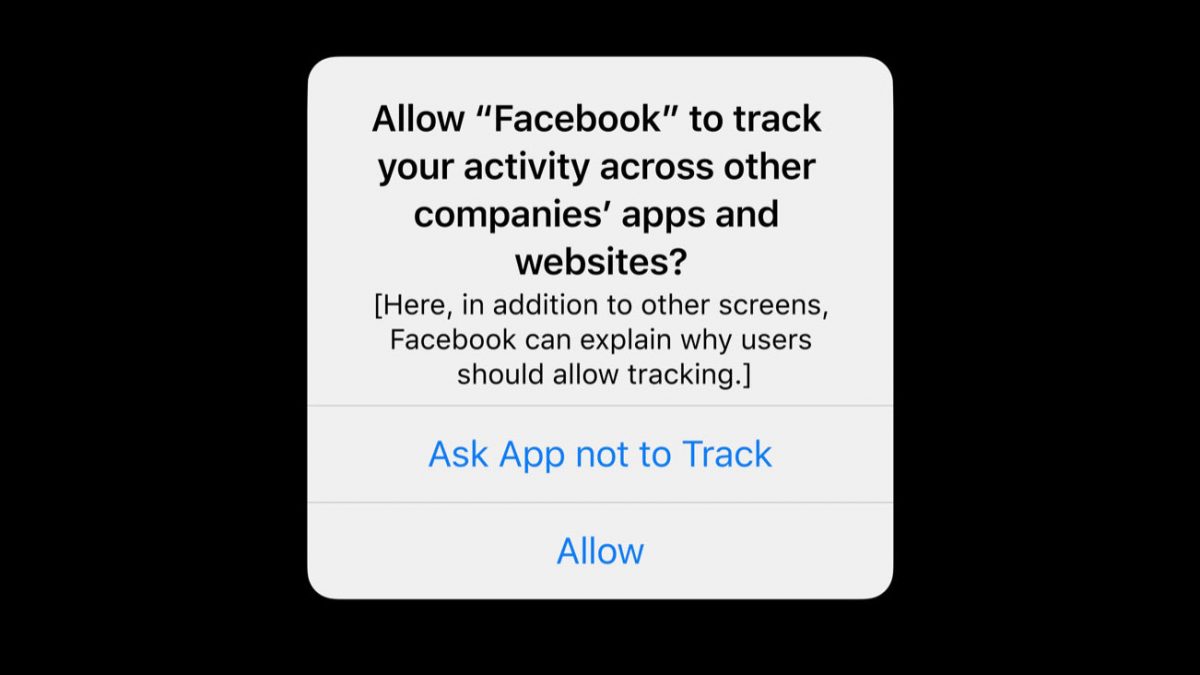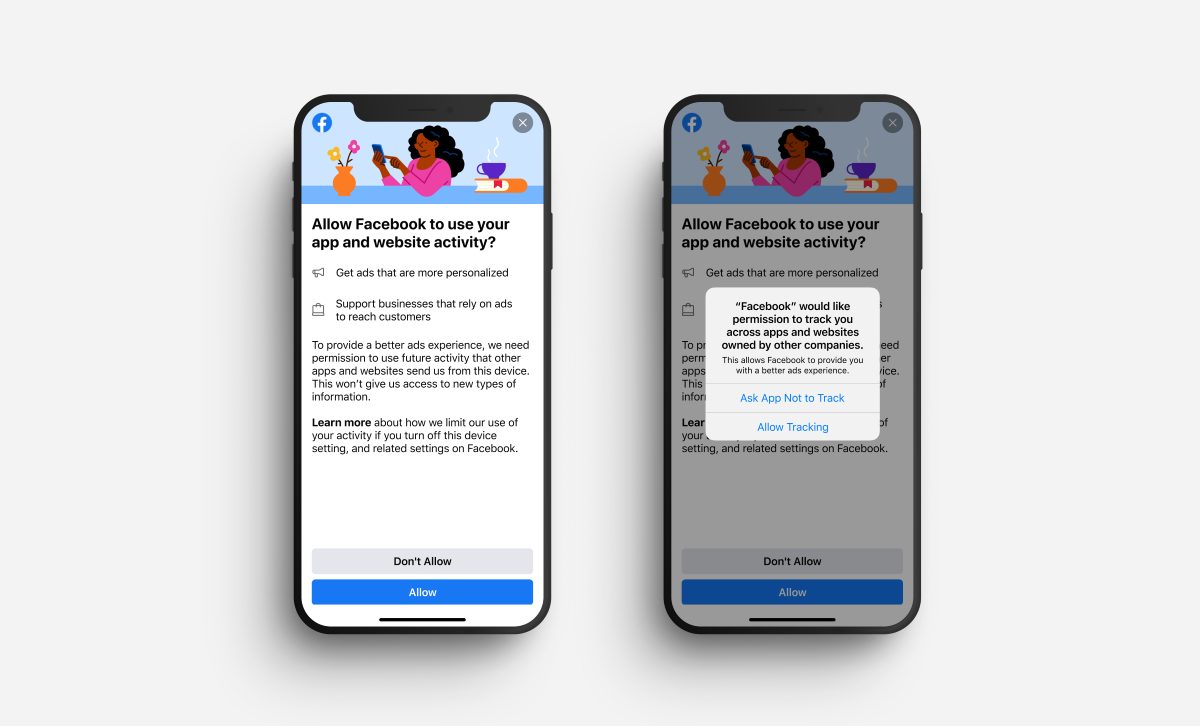Apple is about to replace the iOS IDFA tracking system with the new App Tracking Transparency feature which will allow iPhone users to opt-out of tracking across third-party apps and websites. And out of all the digital advertisers, Facebook has been very vehemently against the new ATT privacy update. Therefore, to fully understand the reasons behind the strong objection, CNBC spoke to several former Facebook employees who explained why the company is making “such a loud fuss about Apple’s upcoming change.”
Currently, Apple uses the IDFA tracking system which allows a non-personally-identifiable code to every iPhone. Digital advertisers use the IDFA codes to track users’ online activity to run targeted ads. But, IDFA is also manipulated to gain users’ information via invasive means, inherently putting their privacy and safety at risk. Therefore, Apple is taking the lead in protecting users’ privacy by giving them control of their data and how advertisers use it.

The upcoming ATT feature will damage Facebook’s targetted marketing and audience network systems
The report details that Facebook’s advertising system and audience network heavily depend on the iPhone IDFA codes and without it, the company will not be able to provide conversion metrics to advertisers and eventually, lose a lot of money.
Most critically at stake for Facebook is what’s known as view-through conversions. This metric is used by ad-tech companies to measure how many users saw an ad, did not immediately click on it, but later made a purchase related to that ad.
Think of view-through conversions like this: You’re tapping through your Instagram stories and you see an ad for a pair of jeans. You don’t tap the bottom of the ad for more information because you’re busy checking out what your friends are up to, but the jeans were cute. A few days later, you go on Google, search for the jeans you saw on Instagram and buy them.
After the purchase is made, the retailer records the IDFA of the user who bought the jeans and shares it with Facebook, which can determine whether the IDFA matches with a user who saw an ad for the jeans. This shows the retailer that their Facebook ad worked.

In its ad campaign against Apple’s ATT privacy update, Facebook claimed that the new changes will hurt small developers’ earnings via targetted ads. But, Henry Love, a former employee on Facebook’s small business team said that some small businesses will not even notice the change.
“If you talked to any restaurant owner anywhere and asked them what IDFA is, I don’t think any of them would know what that is. It’s affecting Facebook at scale. Not the small business owners.”
Among the few “small business owners” who might feel the effects of the IDFA change are start-ups backed by venture capital money who have hired professionals with the skills to target users with sniper precision.
“The only people targeting across mobile, web and Facebook Audience Network, they’re not really small businesses. They’re sophisticated, VC-backed startups. They’re not your typical SMB.”
1 comment